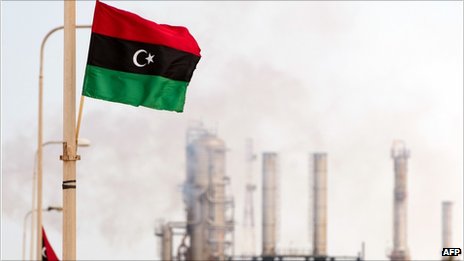In an update regarding the 15 Egyptian workers that have been kidnapped by an Egyptian-Libyan gang in January, Hamada Salah—brother of Mohamed Salah, one of the kidnapped Egyptian workers in Libya—told Daily News Egypt on Monday that despite the fact that the kidnapped workers’ families paid a ransom, their sons are still in kidnappers’ hands.
Hamada noted that the kidnappers asked him and other 12 families of nearly 15 kidnapped Egyptians’ workers to pay a ransom of EGP 70,000 for each of the kidnapped workers. The families responded and paid ransoms to the gang’s agents, located in the governorates of Beheira and Menoufiya.
After the payment took place, the kidnappers communicated with the families and asserted that they had received the ransom; however, they later asked the families to pay more in order to release the kidnapped workers, according to Hamada.
Consequently, the families—after receiving that response—decided to inform police authorities regarding the whereabouts of the agents in Egypt, and consequently the agents were arrested and sentenced to three years in prison.
Regarding the recent role of the government, Hamada Salah said that he and his mother headed to office of the governor of Daqahleya on Sunday to ask for governmental interference. There, they were informed that the only apparatus that could help in that case is the General Intelligence Directorate (Al-Mukhabarat).
“An official from the governor’s office called the General Intelligence Directorate’s office in Daqahleya governorate; after a while, one of their officials arrived and sat with us. He asked us for more information about the incident and the identity of the kidnappers; after that, he informed me that the directorate would follow the case and that he would contact me soon,” Hamada explained.
Even before paying the first ransom, the family of Mohamed Salah reached out for help from the Ministry of Interior, which told them that it is difficult to reach the kidnappers as they are not inside Egypt. Moreover, they contacted the Ministry of Foreign Affairs; however, they asserted they could not do anything as Egypt does not have diplomatic representation in Libya.
The incident dates back to 10 January, when photos circulated through social media outlets in Egypt, showing a number of young Egyptians bound in chains with apparent torture marks on their backs. The outcries on social media sparked widespread attention by local newspapers and TV hosts.
Hamada had told Daily News Egypt back then that Mohamed had been kidnapped by anonymous militants after illegally travelling to Libya in December 2016. He said that a smuggler had agreed to smuggle his brother into Libya so that he could find employment in agriculture. He explained that his brother is a farmer.
The alleged kidnapper asked Hamada to pay a ransom of EGP 70,000. “He urged me to collect the money and pay the ransom as soon as possible because he [Hamada’s brother Mohamed] and other Egyptians were subject to unbearable torture by them [their captors].”
Daily News Egypt made several attempts to contact the foreign ministry spokesperson to comment on the incident, but he could not be reached.

